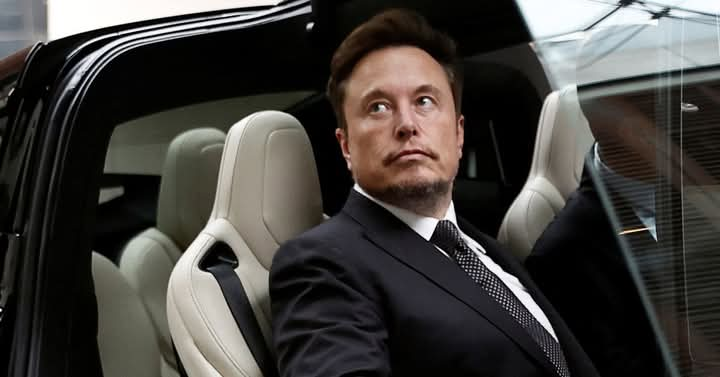Tesla’s sales have taken a hit in Germany, Denmark, and Sweden, with a significant decline in sales across these European countries in February. The downturn has affected Tesla’s stock price and drawn attention to the political controversies surrounding CEO Elon Musk.
In Germany, Europe’s largest electric vehicle market, Tesla sales fell by 76 percent compared to the same month last year, according to data released by the German Association of the Automotive Industry. This marks the second consecutive month of declining sales for the company in the country.
Demand for Tesla vehicles has also weakened in other European nations, coinciding with Musk’s increased political involvement. Since aligning himself with US President Donald Trump and using X, the social media platform he owns, to promote far-right parties, public sentiment toward Tesla has shifted.
Tesla’s stock price has dropped by more than 40 percent since its peak in December, erasing the gains it made after Trump’s election victory in November, when investors speculated that Musk’s influence in the White House could benefit his businesses.
In Germany, Musk’s outspoken support for a far-right party in the lead-up to last month’s parliamentary elections, along with his call for the country to move beyond “a focus on past guilt,” may have further alienated potential customers.
Both Musk and Tesla have faced growing backlash from activists and protesters. In London, campaigners have urged Tesla owners to abandon their vehicles and close their X accounts.
The decline in demand is reflected in sales figures across Europe. According to the PFA automobile organization, Tesla’s sales in France dropped by more than 26 percent in February compared to last year. In Norway, where the country is nearing its goal of phasing out combustion engine cars, Tesla sales fell by nearly half last month, despite an overall increase in new car registrations.
Tesla’s challenges extend beyond Europe. In China, the company’s vehicle production fell by nearly 50 percent in February. While Musk’s political activities are not a major factor in China, Tesla faces strong competition from domestic automakers such as BYD and Xiaomi.
Musk has largely avoided commenting on declining car sales, instead emphasizing Tesla’s future in self-driving technology. He has promoted a planned “Cybercab” that would be capable of autonomous driving, telling investors last month that the company aims to launch an autonomous ride-hailing service in Austin, Texas, in June.
However, Tesla faces stiff competition in the self-driving space as well. Waymo, a subsidiary of the same parent company as Google, already operates driverless taxi services in multiple US cities, including Austin, Los Angeles, Phoenix, and San Francisco, and is expanding to Atlanta and Miami.
Some Tesla investors are pushing for greater accountability from Musk, urging him to shift his focus back to the company. Tulipshare, a shareholder advocacy group, plans to introduce a proposal at Tesla’s next annual meeting that would link Musk’s compensation to performance on environmental, social, and corporate governance goals.

